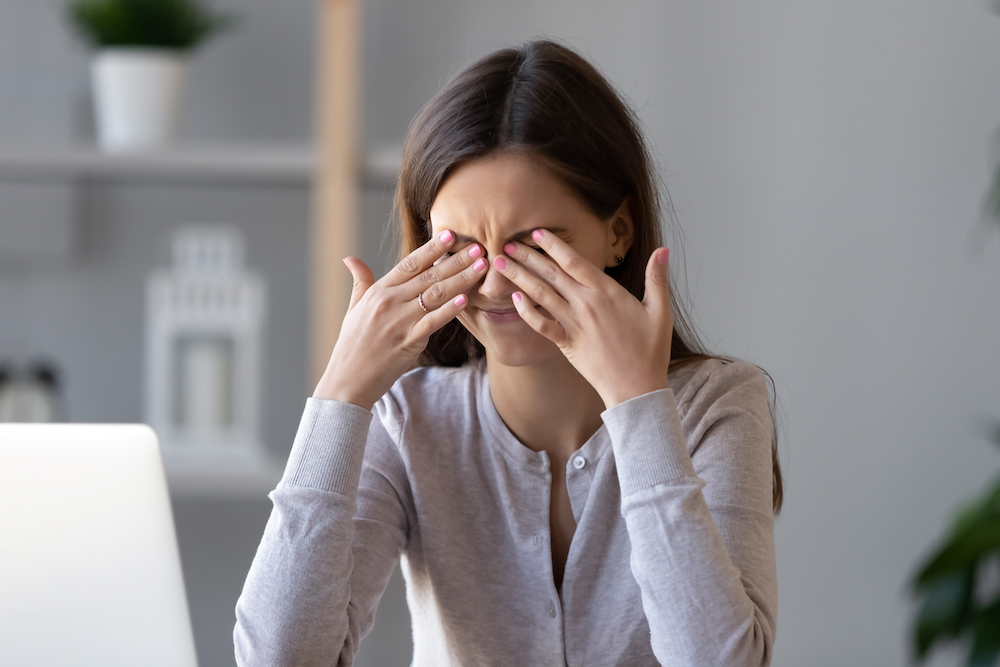
Eye discomfort can be irritating and affect your daily activities. You want to receive treatment, but you wonder whether it is dry eyes or allergies. The two conditions are very similar. However, they have different underlying causes and treatments.
Read on to find which condition is which and the best treatment approach for each. Knowing these subtle differences will help improve your quality of life.
What is Dry Eye?
Dry eyes are a result of low-quality or low-quantity tears. It can cause you to experience eye redness and a burning sensation as the eyes dry out. The eyes also need lubrication to help you see clearly. Thus, dry eyes can also cause you to have blurry vision.
The eyes need a constant supply of tears to keep them moist. These tears consist of water, oil, and mucus. Lacking any of these components will dry them.
What Are Allergies?
Allergies are the body’s reaction to irritants in the environment. These irritants or allergens include mold, dust, pollen, and pet dander. When your body comes into contact with these substances, it produces histamines. These hormones fight the otherwise harmless substances by causing reactions. The reactions are the symptoms you experience.
Symptoms of Dry Eye
The symptoms of dry eye are similar to those of allergies. They include:
Red eyes
Burning sensation
Gritty eyes
Eyelid inflammation
Excessive tearing
Light sensitivity
See your healthcare provider when you notice such symptoms.
Symptoms of Allergies
Symptoms of allergies are not that different from those of dry eyes. They may be similar, hence the confusion. These symptoms include:
Red eyes
Burning sensation
Tearing or watery eyes
Gritty eyes
Eyelid inflammation
Light sensitivity
Itchiness
It is hard to tell the difference between these symptoms and those of dry eyes above without an eye exam. However, one way you can tell them apart is by the itchiness. Allergies cause intense itching in comparison to dry eyes. The itchiness may also come along with watery eyes and a running nose.
Treatment for Dry Eyes
The treatment depends on the cause and severity of the dry eyes. Your doctor may recommend using artificial tears if it is not so severe. The eye drops will keep your eyes moist and safe, alleviating the symptoms of dry eyes.
In other cases, the doctor may recommend alternative treatments. These include BlephEx®, punctal plugs, intense pulsed light (IPL), or LipiFlow®. These treatments deal with moderate, chronic, and severe dry eyes.
Treatment for Allergies
The primary treatment for allergies is antihistamines. They can come as eye drops or medication you can swallow. You may also have to stop or reduce the intake of any medication that could be causing your dry eyes.
You can use artificial tears or ointments to hydrate the eyes and preserve moisture. Use the tears as you may need them during the day. However, there is one thing you should not forget—whether you have dry eyes or allergies, drink water! It will help hydrate your body and your eyes.
For more information on the difference between dry eye and allergies, visit Dau Family Eye Care at our St. John’s, Florida office. Call (904) 713-2020 to schedule an appointment today.





